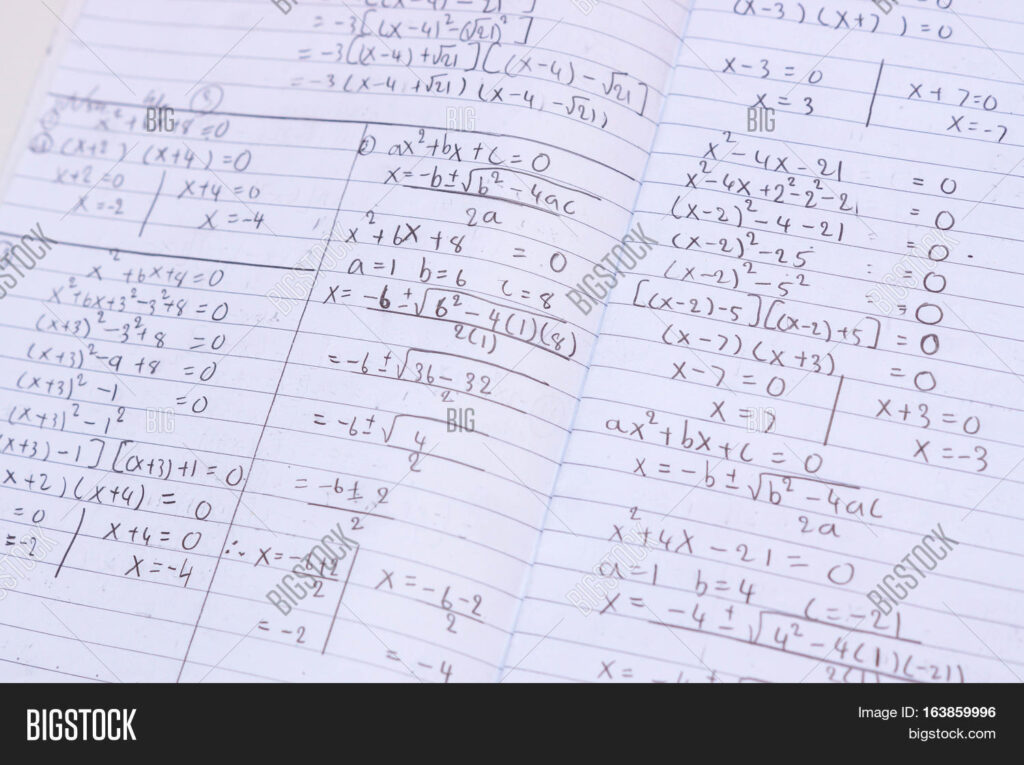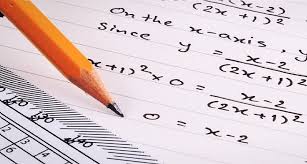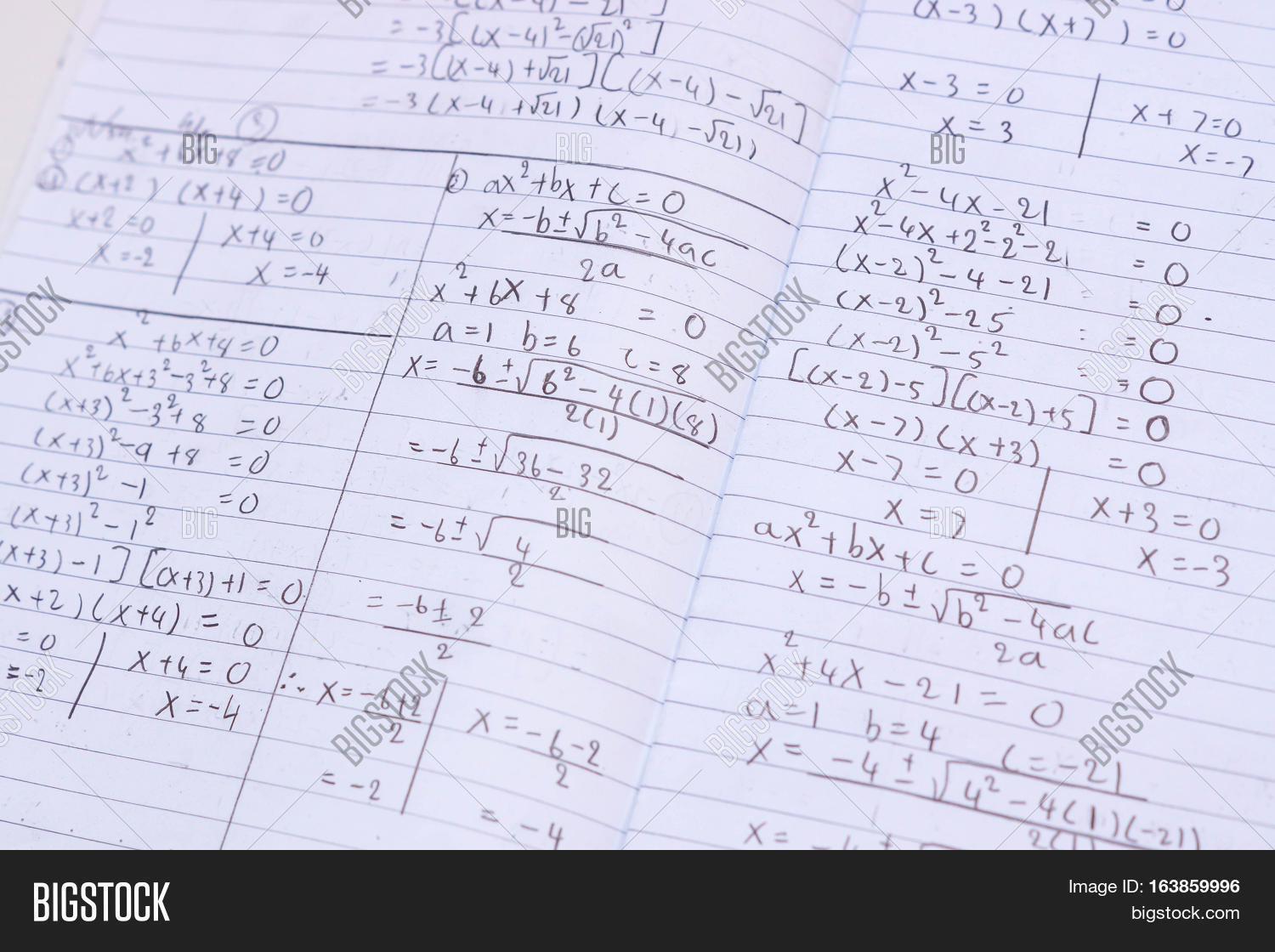
How to help children prepare their math homework
Dear parents! Today we will talk to you about how to help students with their math homework.
Homework is necessary, first of all, because it develops the skills of self-study, so that each student would consolidate new knowledge gained in class, to train in the performance of simple and complex tasks, to test themselves. It is the right thing to do when parents let their child understand from the beginning of school that the lessons are on a par with the most serious things that adults do. As a rule, most parents try to help their children with the preparation of lessons (especially in junior school). This assistance ranges from individual short explanations to complete the task in place of the child. In any case, there are many problems. How do I help my children prepare their homework? A few tips to help both children and parents:
The daily routine must be observed.
Any schoolchild should have a habit of strict and systematic preparation of lessons. Children should decide in advance whether to do lessons immediately after coming from school or, for example, after lunch or dinner. However, once the approximate time for homework has been determined, the timetable should be kept as clear as possible. After a while, homework will simply become a natural part of the daily schedule. Go to the site and find out morehttps://argoprep.com/blog/primary-homework-help-for-math/
Organize the workplace.
A child should not be distracted from doing her/his homework, nor by telephone, social networks or television. On a table besides the textbook and a workbook there can be mathematical directories, drawing tools, high school students should know the list of sites which can help in preparation.
Distribute tasks by difficulty.
Mathematics is one of the most difficult subjects in the school curriculum, so it is better to start your homework with this subject. The time to do math depends on the age of the student and the level of their mathematical preparation. In junior school, work takes ~ 30 minutes, in middle school ~ 30-40 minutes, and in high school ~ 40-50 minutes.

Where to start executing M/A in mathematics
- read the paragraph of the textbook, learn the rules, new definitions and concepts, analyze the examples given. There are often questions at the end of each paragraph that need to be answered.
- view the class work, pay attention to the algorithms of solving tasks, the design of tasks.
- perform the written part of the work.
What are the reasons for a student’s inability to do math homework?
He may simply not understand the new material, and therefore not be able to do his homework.
What can I advise my parents in this case?
If your child has not learned the new material in class for any reason, you can suggest that they read the paragraph and understand the theory together. And then try to do a practical task.
Go to the online resource dedicated to mathematics. There you can find articles that sometimes explain the material more clearly than teachers or parents do to the best of their ability. You don’t just have to rely on this source, but if you need it to help you solve the task faster, why not use it?
If parents are not able to help their child to understand the topic, you should warn the teacher before class about the reasons for not doing homework and take the topic to the next class consultation or after class. At our school, every maths teacher spends consultation hours.
Often children use GDZ to prepare their homework, and these collections are bought by their parents themselves. If there is a mechanical decommissioning, there will be no benefit. But you can do things differently: to understand the decision, to understand it and the next task to try to perform on a sample. But it should not be abused, it should not enter the system.
The child may have serious problems with mathematics in general, for example, due to the unformed necessary educational knowledge and skills.
It was the second reason we encountered when we performed the entrance slice test in mathematics in September. For example, in the 9th grade section, I included assignments on basic, basic math topics from 5th to 8th grade, starting with arithmetic actions. As it turned out, almost 70% of ninth-graders could not cope with the work. And most of these students had problems starting in 5th grade. The reasons for this could be different: change of schools, teachers, lack of control by parents, etc. But it was necessary to correct the situation urgently, ahead of the JEG. Children came from different schools, studied according to different textbooks, where the topics were not always the same. Additional consultations were appointed with the “neglected” children, main gaps in knowledge were identified, recommendations were made, deadlines for submitting problematic topics were set. The work is under way and there are already some results.
In case you see an obvious lag of the child in the subject, objectively confirmed by the child or the teacher and are unable to help the child to provide a level of education that would cover the lag, you can turn to the assistance of a professional.
